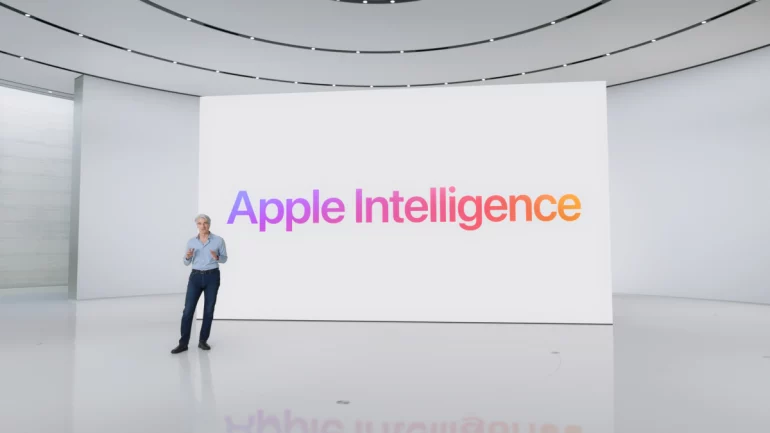- Apple’s iPhone 16 launch may spark a new supercycle driven by the introduction of Apple Intelligence.
- The slow rollout of AI features could reduce the immediate impact of the supercycle.
- Apple’s AI strategy focuses on improving user experience with more minor, targeted models rather than massive AI systems.
- Many key AI features might not arrive until 2025, potentially affecting short-term market performance.
- Regulatory challenges in the EU and China could slow Apple Intelligence’s global adoption.
- ChatGPT integration will likely not be available at launch.
- The iPhone 16 lineup is expected to be more uniform. Both base and Pro models will receive A18 chips, though the Pros will get A18 Pros.
- A cautious approach to Apple Intelligence may safeguard long-term financial health over immediate gains.
Main AI News:
As Apple gears up for the highly anticipated “It’s Glowtime” event in Cupertino, the iPhone 16 could begin a new supercycle. Industry analysts are comparing the potential impact to the rollout of 5G, predicting that the introduction of Apple Intelligence could push undecided consumers to upgrade. However, gradually deploying these AI features may dampen the full supercycle effect.
At WWDC in June, Apple outlined its AI vision, emphasizing enhancements to user experience rather than raw power. Unlike rivals such as Google Gemini and OpenAI’s ChatGPT, which rely on expansive AI models, Apple’s approach focuses on smaller, more targeted models designed to improve existing functionalities through generative AI. While this strategy aligns with Apple’s philosophy, there are concerns about delays in the rollout.
Bloomberg has reported that these delays could affect the iPhone 16’s overall market performance, with many of the promised AI features likely to appear in 2025. Moreover, regulatory hurdles in key markets like the EU and China may slow the adoption of Apple Intelligence, complicating its global expansion. In addition, the anticipated integration of ChatGPT is expected to be absent at launch.
Despite the impressive AI demos shown at WWDC, Apple still trails competitors in generative AI dominance. Apple Intelligence is only available on the iPhone 15 Pro and Pro Max, but tomorrow’s event is expected to bring this capability to the broader iPhone 16 lineup. The base models are rumored to feature A18 chips, with the Pro versions receiving upgraded A18 Pros, signaling a more uniform product range.
While sales are crucial for Apple, it must balance immediate revenue goals with the risks of launching its AI too quickly. A measured rollout of Apple Intelligence could prevent longer-term financial setbacks, ensuring sustainable growth. As Apple tests its AI offering, patience will be vital to maintaining its market leadership.
Conclusion:
Apple’s cautious rollout of its AI capabilities, while aligning with its long-term strategy of enhancing user experience, could put it at a competitive disadvantage in the rapidly evolving AI landscape. The delayed implementation of crucial AI features and potential regulatory hurdles in major markets like the EU and China may lead to slower-than-expected sales growth for the iPhone 16. However, this careful approach could preserve Apple’s reputation for quality and prevent rushed missteps that might hurt its brand. For the broader market, this signals that AI, while critical, may take longer to fully integrate into premium consumer electronics, with companies needing to balance innovation with user trust and compliance across different regions.

